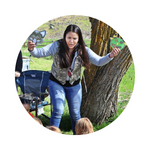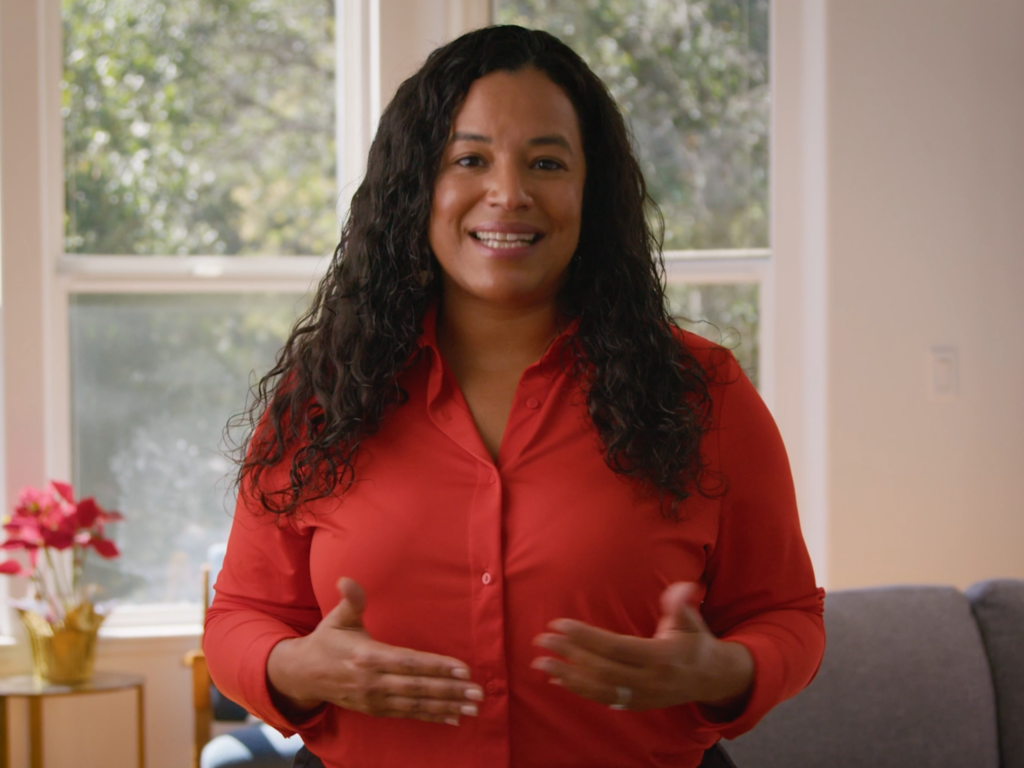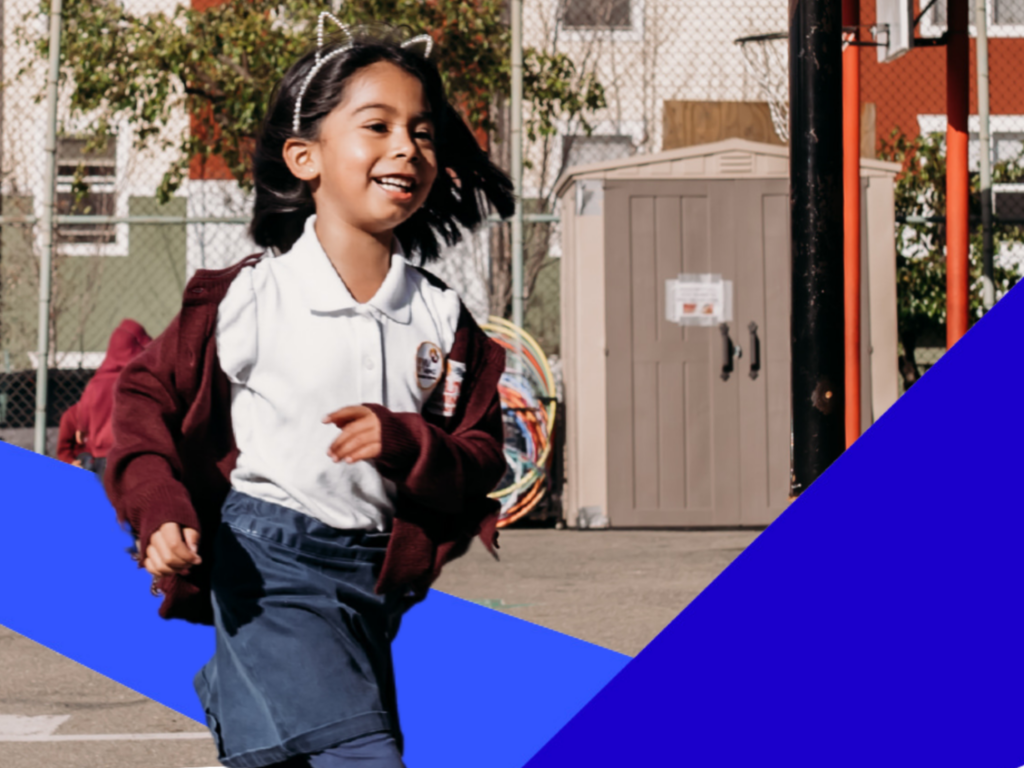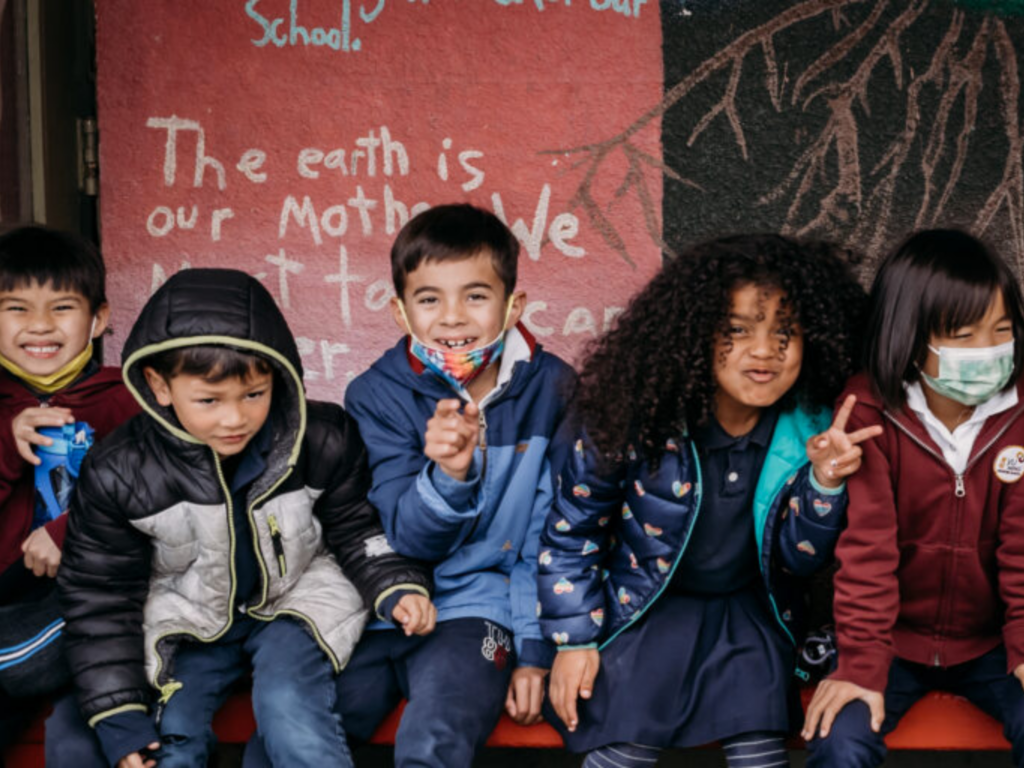NewSchools’ Racial Equity Council has selected a group of innovators to receive $1.5 million in funding. These innovators are disrupting racial inequities and advancing the wellbeing and achievement of students in Black, Latino, and Indigenous communities.
Whether it’s ensuring students have access to mental health services or culturally relevant curricula, the selected organizations — all founded by leaders of color — are tackling big problems in education and offering new pathways to opportunity for students and educators of color.
The funding decisions were made by a diverse council of parents, students, and education innovators who brought their own experiences, ideas, and concerns to discussions about what solutions are needed at this moment. It is the first time our organization has piloted participatory grantmaking, a process that centers the voices of community members in philanthropy. The council focused on selecting innovators who understand the communities they serve and are doing work that truly disrupts racial inequities in education.
Each organization is receiving $150,000 in unrestricted funding. The funds will help leaders — 89% of whom are solo entrepreneurs — to grow their teams and scale their impact so that they can create meaningful change in their communities. The teams have joined a community of practice and begun receiving management assistance support from NewSchools related to strategy, impact measurement, and entrepreneurial mindsets.
We’re proud to support these visionary leaders and their bold efforts to advance racial equity at a time of rebuilding and reinvention in our nation, and honored to invest in organizations led by resilient leaders of color, many of whom have experienced the pain of structural and systemic racism themselves.
If you have an early-stage idea for how to advance racial equity in education, please apply to our funding opportunity by March 28th. We are excited to support leaders of color working to ensure all students are able to realize their full potential.
Scroll to learn more about the current grantees and their visions.
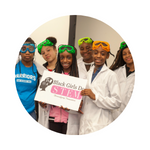
Black Girls Do STEM empowers Black girls in St. Louis, Missouri schools to pursue advanced coursework and careers in science, technology, engineering, and mathematics (STEM). Cynthia Chapple, a Black chemist, founded the program to change a glaring racial disparity: Black women make up just 2 percent of all STEM professionals. Through her program, girls gain greater confidence and curiosity in STEM subjects by receiving mentorship, tutoring, counseling and other support.
“This is about unlocking the potential of Black girls,” Chapple says. “Freeing them up to imagine that they are capable of something that maybe they have not historically dominated.”
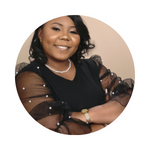 Detroit Heals Detroit provides culturally-rooted trauma-informed care, wraparound services and healing spaces for youth in Detroit. The program, led by Sirrita Darby, a former high school educator, helps youth process their trauma through discussions, writing, and other group activities, with the goal of transforming their pain into power and joy.
Detroit Heals Detroit provides culturally-rooted trauma-informed care, wraparound services and healing spaces for youth in Detroit. The program, led by Sirrita Darby, a former high school educator, helps youth process their trauma through discussions, writing, and other group activities, with the goal of transforming their pain into power and joy.
“Exposure to trauma has a profound impact on cognitive development and academic outcomes and our specific students in Detroit seem to wake up to trauma like its breakfast,” the organization’s vision statement states. “We understand that Detroit youth face more challenges than any individual person can remedy so our goal is to help each other heal from the trauma together.”
Firestarters, based in Ukiah, California, seeks to build an equitable and sustainable world through environmental education and cultural revitalization for Indigenous youth. Founded by Edwin Stevenson of the Pinoleville Pomo Nation, the organization seeks to foster land stewardship through training youth in traditional land stewardship practices — unleashing the power of tribal sovereignty to combat environmental destruction and cultural genocide.
“I’m excited to partner with local tribal governments as they seek to restore traditional pathways for youth to weave education and career goals to revitalize our land and people,” Stevenson says. “Now more than ever, we have the opportunity and responsibility to rapidly accelerate systems change through our most valuable asset, the next generation of firestarters.”
ALAS is the brainchild of Lisa Maria Rhodes, an educator in New Orleans. ALAS will receive funding to disrupt the school-to-prison pipeline for undocumented students and students in the court system. The organization pairs students with attorneys and trains educators to be advocates so that students awaiting to appear in court remain in school, instead of being in jail.
“Some of these students don’t have charges accepted by the court, but they are incarcerated because they are too poor to pay bond,” Rhodes says. “They frequently miss school for a minimum of two months, and up to two years — thus increasing dropout rates and recidivism.”
Hipeexnu’ Kii’u Nuun Wisiix promotes and preserves the language and traditions of the Nez Perce Tribe. Founded by Bessie Walker, a community leader in Lapwai, Idaho, the organization launched a cultural immersion program with curriculum designed to engage community youth and families.
“These children represent our future, the continuation of our culture,” Walker says. “They are the ones who are going to carry it forward into the next generation.”

Love Your Magic advances the healthy development of Black and Brown girls through community and school partnerships and experiences that cultivate self-advocacy skills, self-love, and sisterhood. Ivanna Solano, an educator and activist, and her colleagues founded the program in Boston in response to the disproportionate rates of Black and Brown girls being disciplined in schools.
“We need to uplift our girls, empower them, and then, as a community, pour into them the love, the acknowledgment, and everything they deserve,” Solano says. “Our Black girls deserve the world, and we’re failing them right now.”
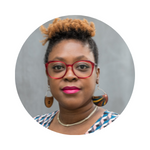
Mindcatcher, a San Francisco-based education provider, disrupts the cycle of hopelessness, disconnection, and inadequate resources in education by equipping educators with the mindsets and practices for engaging young people in transformative teaching and learning. Founder Naykeshia Kendall Williams says,
“Already I have seen youth come alive in ways previously unimaginable and educators trying out-of-the-box strategies.”
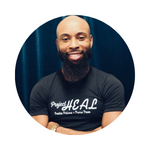
ProjectHEAL provides culturally relevant and antiracist trauma-informed professional development for adults and meditation and calming centers for students to increase access to social emotional and mental health supportive services. The program was founded by Johnny Reed, a Chicago native and former educator.
“Life has taught me a valuable lesson: Although we cannot prevent trauma, we can surely be proactive in advancing individual emotional intelligence and identifying healthy coping mechanisms to minimize the impact that stress and trauma have on our hearts and minds,” Reed says. “This conviction fuels ProjectHEAL’s mission and vision and continues to expand our impact.”
The Trans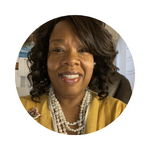 ition Academy expands access to college, career, and life skill programs for Black students with disabilities. Based in Kansas City, Missouri, the organization develops tools and resources to help students, their families, and teachers plan for a successful transition after high school. The organization was founded by Kim Riley, whose son has autism.
ition Academy expands access to college, career, and life skill programs for Black students with disabilities. Based in Kansas City, Missouri, the organization develops tools and resources to help students, their families, and teachers plan for a successful transition after high school. The organization was founded by Kim Riley, whose son has autism.
“Students with disabilities and their families want, need and deserve an education that prepares them for life – not just one that checks boxes on state assessments,” Riley says. “Every step of the journey should involve helping children discover their talents and sharpen their skills in order to be successful after high school.”
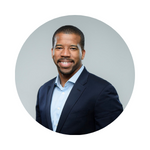
TrueFiktion is a Chicago-based company founded by Steph Manuel, a U.S. Army veteran. His organization helps students understand pivotal moments in U.S. history from the perspective of marginalized groups through the use of engaging comics and curriculum. The group also provides coaching to train teachers in the curriculum.
“Billions of dollars are spent on educational content that blinds Americans to the injustices that Black people and other marginalized communities face,” Manuel says. “I believe we need to overhaul the methods and content that drive history education in our classrooms so that we can avoid having to fight for empathy, understanding, and critical thought around social issues.”


